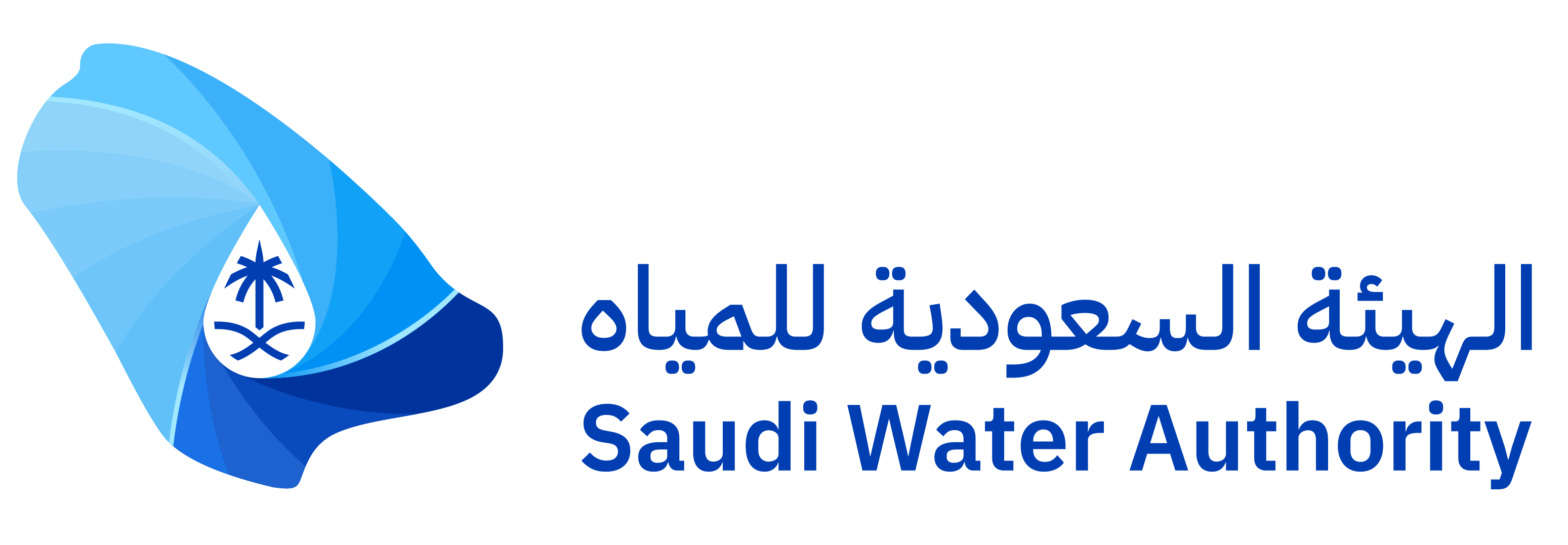About Services
- Home
- /
- Our Services
- /
- About Services
The research institute is proud to be the unique research institution in the region, specialized in saline water desalination research. The institute has excellent facilities to conduct research, testing and development activities. These facilities include 3 big laboratories equipped with the latest analysis and testing technologies: the department of chemistry labs, the department of corrosion labs and the department of marine life and environment labs.
The institute also has 8 experimental stations covering the main desalination technologies for utilization in conducting research and evaluation studies related to various industrial materials. The institute offers three types of commercial services for operating desalination stations and for all parties concerned with desalination and water treatment.
These services are as follows:
- Consultancy
- Assessment
- Analysis and Testing
First: Consultancy
The institute has a number of top scientists, experts and technicians in the field of saline water desalination technologies and the related environment. Given the highly sophisticated equipment in its laboratories and its experimental stations, this group of experts can, with a high level of professionalism, offer scientific, technical and environmental consultancy services in the following areas:
- Issues related to the saline deposits in parts of some desalination stations and suggestions of solutions to this problem.
- Problems related to corrosion of metal ingotsin parts of some desalination stations as well as problems related to the loss of some equipment, and suggestions of solutions to this problem.
- Problems of bio-pollution due to bacterial growth and marine algae in the treated water and recommendations for the most appropriate methods of disinfection.
- Opening desalination membranes to analyze the causes of failure, determine the operational factors and conditions at the root of this problem.
- Best methods to clean some parts of desalination stations.
- Problems related to pollution in the desalination stations, such as air pollution, water pollution, and organic or non-organic pollution.

Second: Assessing Industrial Material
The institute offers assessment services related to the effectiveness of various industrial materials before their use in the desalination units. These materials include anti-sedimentation materials, anti-foam materials, anti-corrosion materials, de-oxygenation materials, fuel additives, and other chemicals, in addition to assessing the effectiveness of paint as well as the conditions of desalination and pre-treatment membranes.
The assessment process consists of three phases:
- Laboratory phase
- The institute’s experimental stations phase
- The commercial stations phase
If the material being assessed fails in any of the phases above, assessment in the subsequent phases is discontinued until the material is improved by the manufacturer and then reassessed. Once the material passes the three phases successfully, the institute gives the manufacturer a certificate of material effectiveness, which qualifies him to enter the competition system in the SWCC or elsewhere.
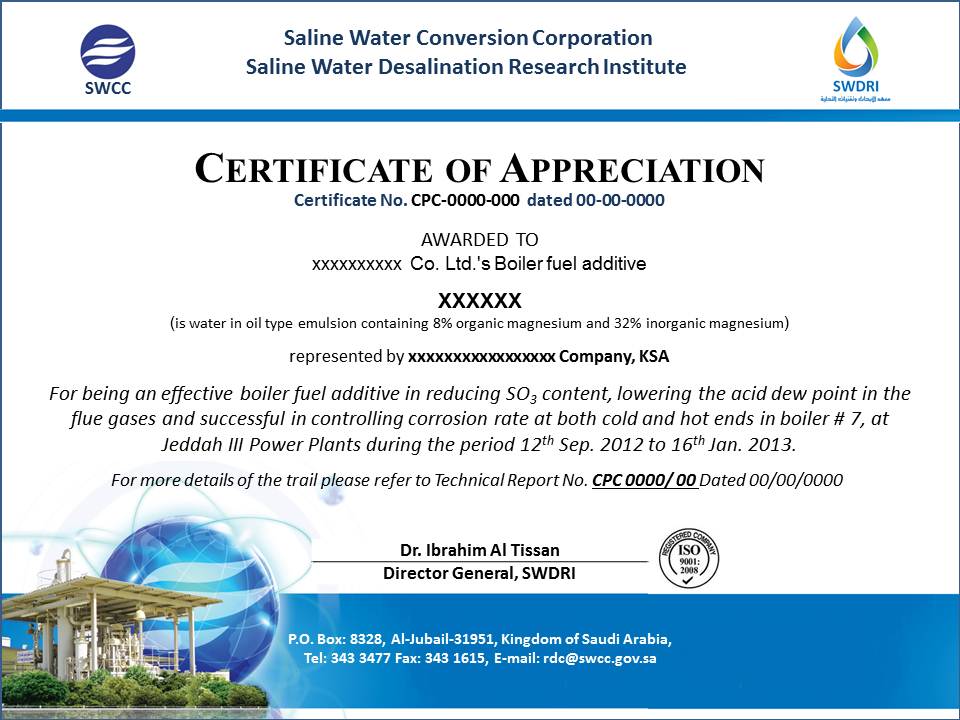
Third: Analysis and Testing Services
The institute possesses a huge group of analysis and testing equipment rarely found in one location in any research institute. The institute does not hesitate whatsoever to furnish its laboratories with the most advanced equipment and technologies, not only for common analysis and testing but also for many advanced analysis and testing jobs. This equipment is operated by a highly qualified pool of Saudi and non-Saudi experts who provide the most accurate analytical and testing results.
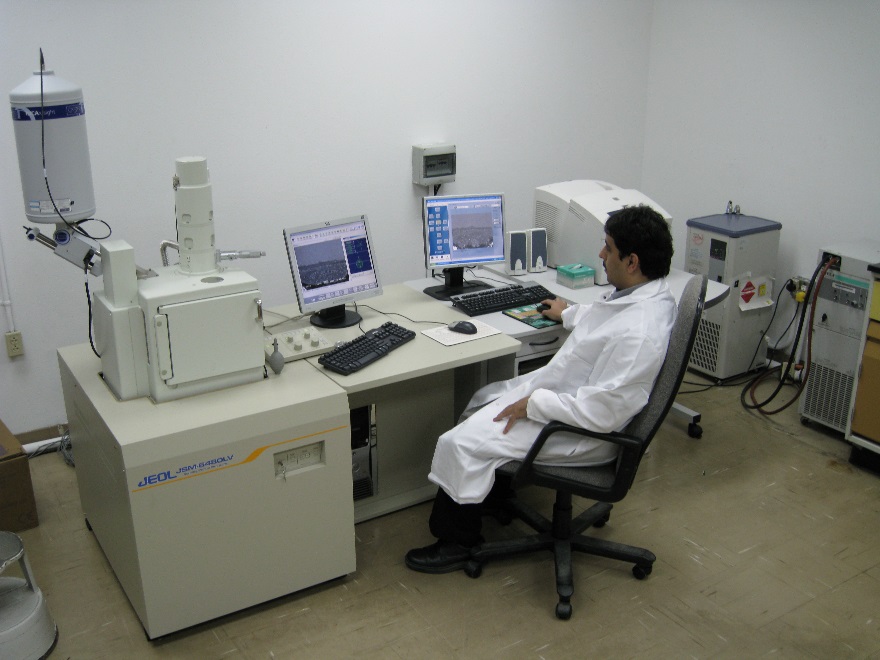
The corrosion department electronic microscope to examine and analyze materials and pollutants
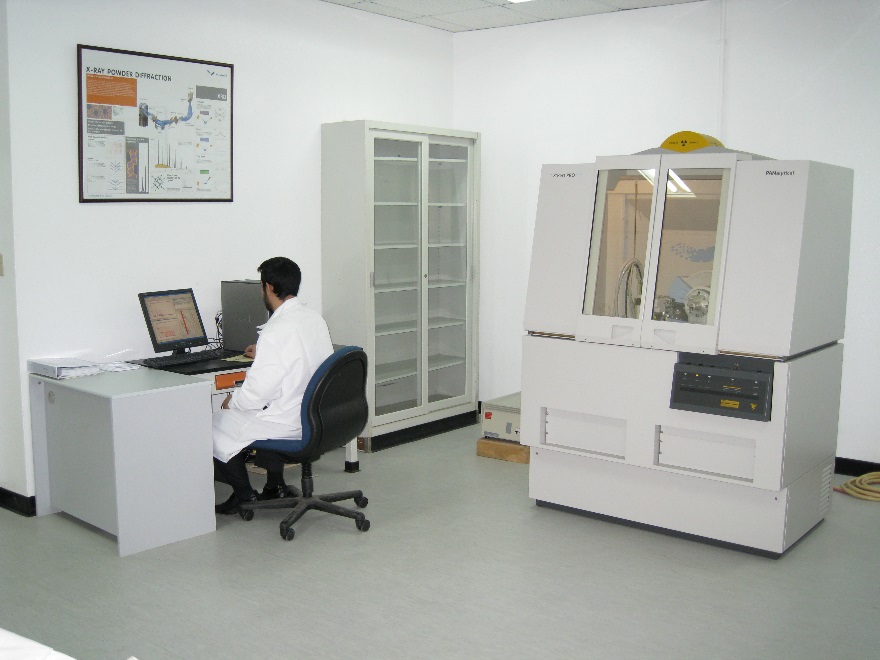
The corrosion department X-ray machine to determine the glass composition of metal, ingots and deposits
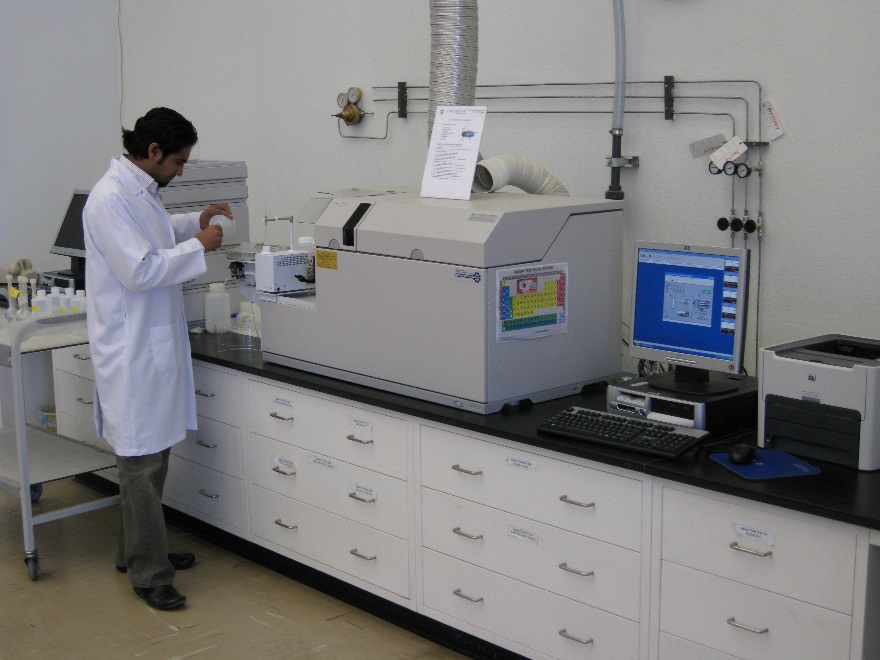
The department of Chemistry Atomic emission machine with mass spectrometry, to analyze heavy metals at the nano level
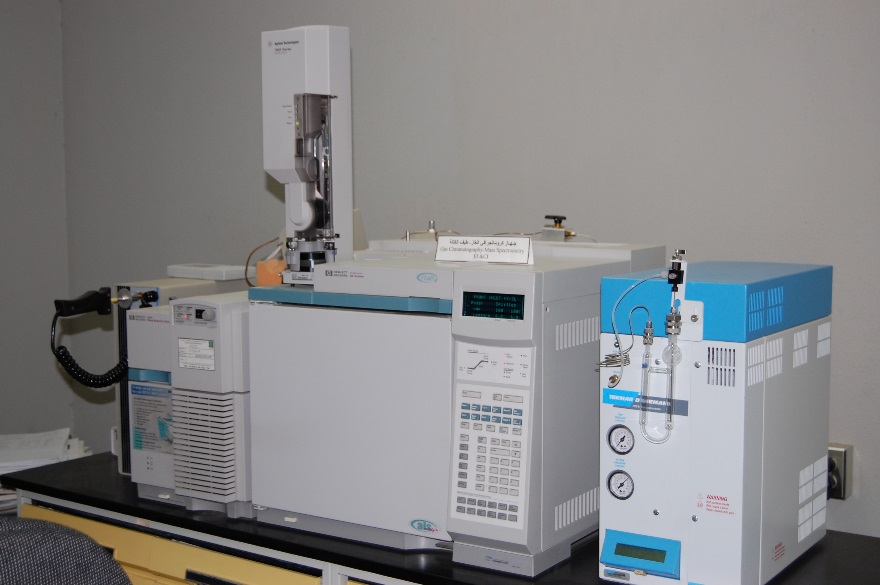
The department of Chemistry gas separation machine with mass spectrometry, to analyze materials and organic pollutants at the nano level
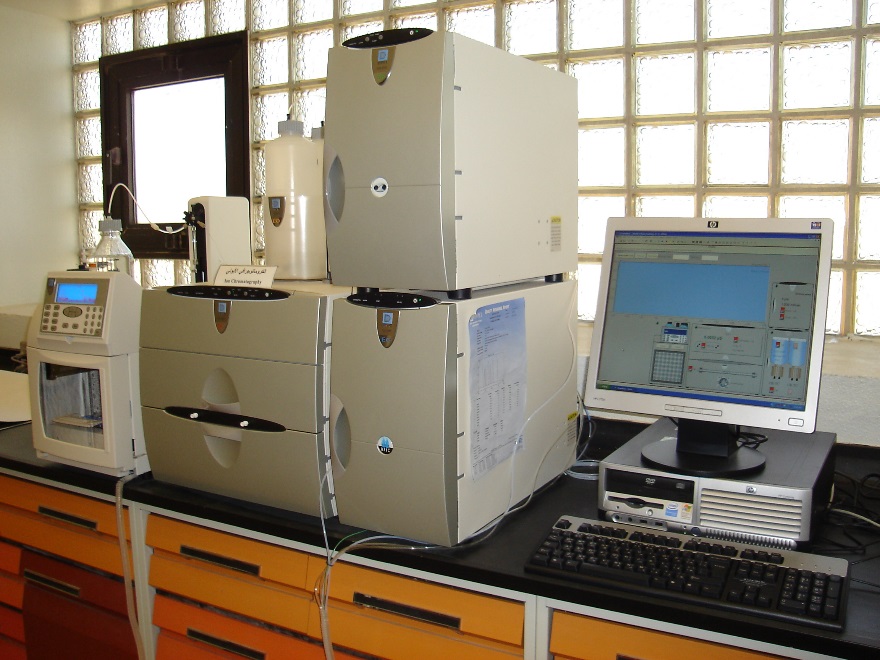
The department of chemistry ionic analysis machine for the analysis of potassium bromate in the water
Newsletter
Interested in getting the latest updates about Water Conversion?
Subscribe now to the newsletter to receive all the latest news!

